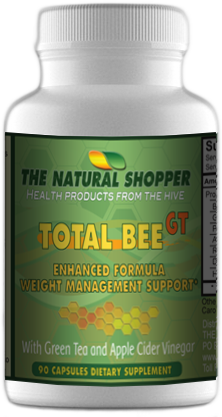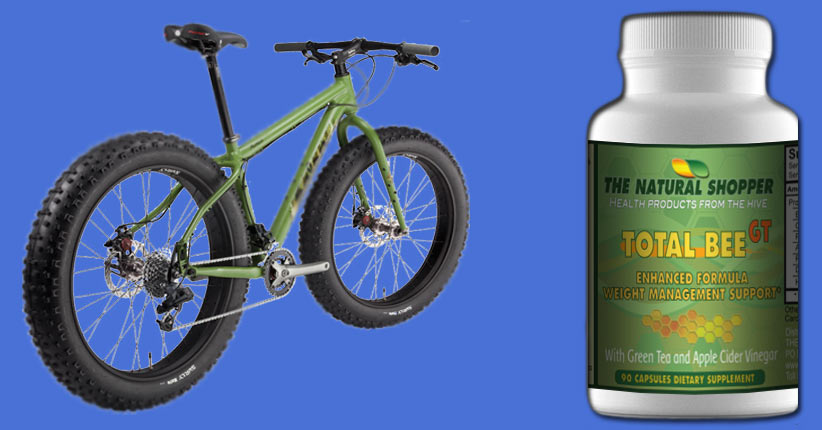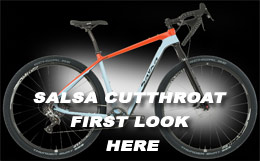There’s a lot of different options out there when it comes to supplements for sports and cycling. I won’t go into a lot of detail here, just a quick overview of some of the things that work for me.
First off, if you’re a newcomer to cycling you need to pay special attention to some important aspects of nutrition and supplementation. A lot of folks take up recreational cycling as a way to get fit and perhaps lose some weight. And it can certainly work for that if you’re prepared to put in the effort. If that’s your goal then it’s important to try and manage your weight loss so that your performance doesn’t suffer. You can burn through a lot of calories when cycling and you can drop weight/fat quite quickly, so it’s important to hang on to your muscle mass, particularly in your torso.
If you’re cycling hard it stands to reason that your cardiovascular system is going to benefit, and that your leg muscles are going to develop. But a lot of people forget the importance of working out the upper body to prevent muscle loss. I know I did.
So remember to exercise the upper body and consider adding protein to your diet to help sustain muscles and/or promote muscle growth alongside weigh loss.
I use a couple things which have helped.
I take bee pollen daily, as it’s high in protein, has a low glycemic index and is known to help promote energy and stamina.
 I also use a diet supplement that’s really more of an energy and immune system booster – it’s called ‘Total Bee GT’. The ‘GT’ stands for ‘Green Tea’.
I also use a diet supplement that’s really more of an energy and immune system booster – it’s called ‘Total Bee GT’. The ‘GT’ stands for ‘Green Tea’.
The product contains bee pollen, royal jelly, green tea, dandelion root, apple cider vinegar, propolis and some other stuff. I know this has helped with weight loss. It keeps the pee flowing and the bowels empty, gives an energy boost and helps with digestion and metabolism.
Check it out for yourself – click the image to visit the website.
If you don’t want to try a supplement, then I find that herbal teas help a lot, too. I drink a lot of black teas, green tea, chai, dandelion root teas, peppermint and a whole bunch of other stuff. It helps being British, ‘cos all we do all day is sit around drinking tea and talking about the weather and the war and how the Germans bombed our fish ‘n chip shop.
Anyway, if you’re riding a lot you’ll really want to get serious about nutrition and manage your calorie intake.
I’ve found a couple things the work well for me – MapMyRide is a great iPhone / Smartphone app that I use to log my rides on a daily basis. It uses GPS to track your route, record speeds/distance etc, you can even record heart rate with a HRM. Then it will show you how many calories you’ve expended on your ride. You can use it to input foods/drinks to monitor calorie intake and compare with calories expended.




Recent Comments